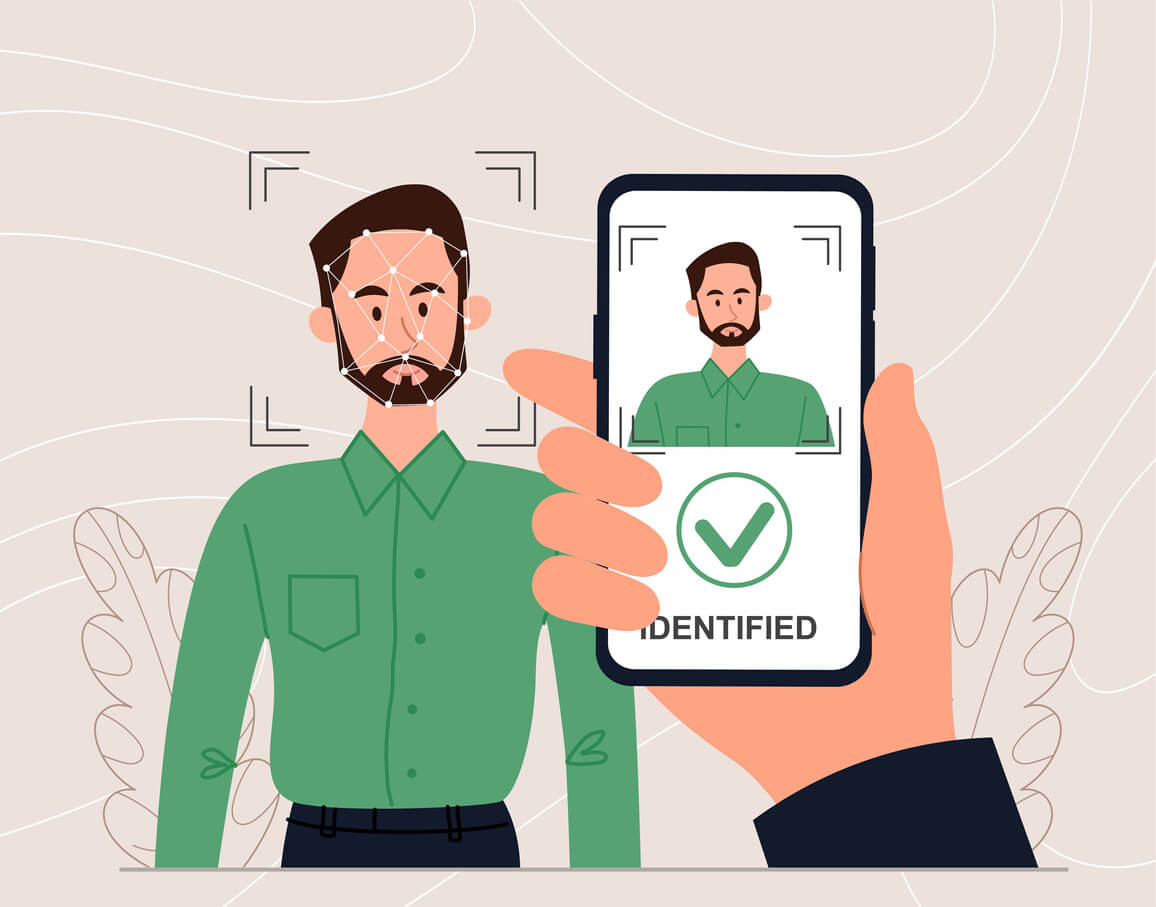The rights of employees don’t just include being paid a fair and legal wage. Often, issues regarding the misuse of employee data emerge with serious implications for the privacy interests of workers. Illinois is one particular example of where workers are frequently subjected to the improper collection and distribution of their sensitive private information. The Illinois Biometric Information Privacy Act, enacted in 2008, has been an excellent tool for attorneys working to prevent this abuse. We take a look at this important law and what it means for Illinois workers.
What is the Illinois Biometric Information Privacy Act?
Also known as BIPA, this law (which applies only to Illinois citizens) regulates the control of biometric data. The term “biometric data” covers an individual’s unique identifying characteristics such as fingerprints, thumb scans, retinal scans, facial recognition, and voice recognition. These are traits that make each human being who they are and have therefore been targeted by corporations and others to identify and track numerous people.
The problem is that this data can often be misused or mishandled in a way that violates Illinois data privacy law. This includes storing, selling, distributing, and using the data without the knowledge or consent of the person whose data is collected. Such mishandling of sensitive information opens a person to potential identity theft and privacy violations.
BIPA aims to regulate this practice by allowing the individual, not the corporation, to have control over his or her own biometric data. Every consumer and citizen in Illinois must give written consent before biometric data can be legally collected and used.
Under BIPA, companies that collect and use biometric data must create a data retention and destruction policy that includes the following information:
- How the entity collects the data
- What the entity is going to do with the data
- How the data will be managed or controlled
- What else, if anything, the entity harvesting the data is going to do with it?
BIPA in the employment context
Employers have an interest in the use of biometric data because it can reduce business costs and increase efficiency. For instance, to eliminate the practice of one worker clocking in and out for another, an employer could require an employee to use a thumb scan to clock in. While this is not necessarily wrong, the problem is how the companies go about it. Many of them fail to follow the law and do not advise employees or get their written consent.
The PeopleNet class action
A major class action lawsuit filed against PeopleNet Corporation illustrates what happens when employers misuse biometric data. The company obtained and stored finger, hand, facial, and other biometric information from workers for timekeeping purposes without first providing legally required written disclosures and obtaining the workers’ written consent.
A settlement was reached that creates a $4.75 million fund for eligible class members. The amount of each claimant’s payment is estimated to be between $500 and $1,000.
How long do workers have to file legal action?
The Illinois Supreme Court has held that lawsuits filed pursuant to BIPA are subject to a five-year statute of limitations. What this means is that employees and others whose data was improperly collected or used in violation of the law have five years to bring a legal claim against the responsible entity. However, it is generally not recommended that workers wait too long to initiate legal proceedings, since the steps required to investigate alleged breaches of BIPA and prepare court filings can be considerable.
Were Your Biometric Rights Violated in Illinois?
If you work in Illinois and your employer has collected fingerprints and similar biometric information from you, it’s critical that you know and understand your rights. Your employer may not only be violating the law but could be exposing you to identify thieves and others who have no business possessing your sensitive personal data. You have the right to control this information, and The Lore Law Firm can assist you. Reach out to us today by completing our client intake form.



